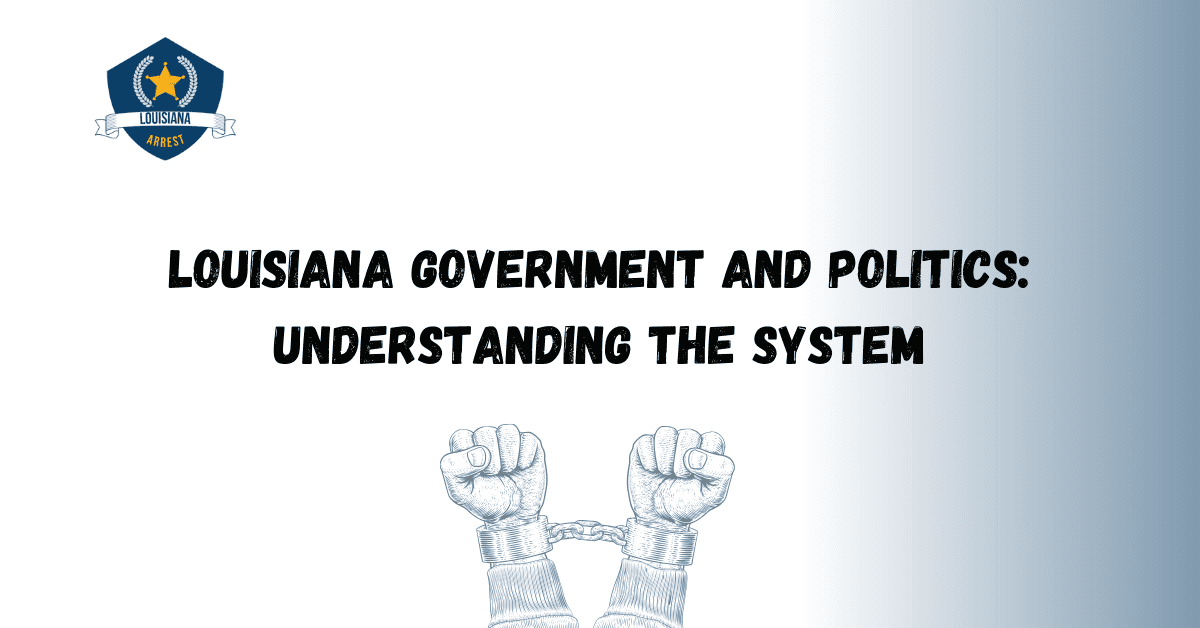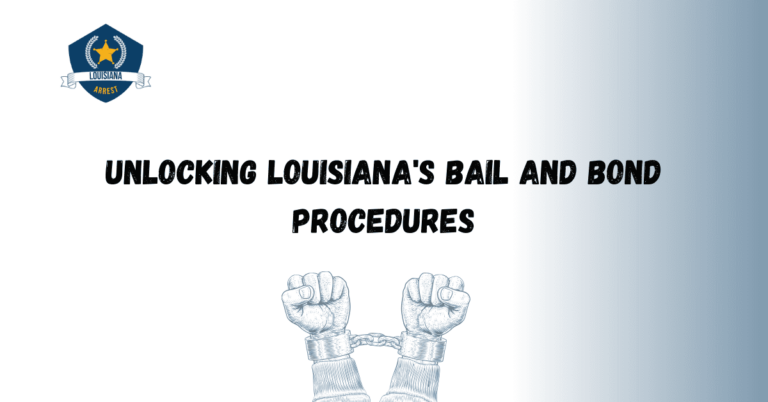Louisiana Government and Politics: Understanding the System
Louisiana Government and Politics Understanding the System is a comprehensive guide that delves into the intricacies of the state’s political landscape. From the bustling city of Baton Rouge to the charming towns nestled along the bayous, Louisiana’s government plays a vital role in shaping the daily lives of its residents.
With a rich history and unique cultural heritage, Louisiana’s political system stands as a testament to the state’s vibrant and diverse community. This book takes you on a journey through the various branches of government, exploring the roles and responsibilities of each. Whether you’re a student, a curious citizen, or a seasoned political enthusiast, this guide provides a comprehensive overview that will deepen your understanding of Louisiana’s government and politics.
Exploring the Legislative Branch
In this section, we will dive into the heart of Louisiana’s government – the legislative branch. Comprised of the Louisiana State Legislature, this branch is responsible for creating and passing laws that shape the state’s policies and regulations. Let’s take a closer look at how this important branch operates and the key players involved.
The Louisiana State Legislature
The Louisiana State Legislature is a bicameral body, meaning it is divided into two chambers – the Senate and the House of Representatives. These chambers work together to introduce, debate, and pass legislation that impacts the lives of Louisiana residents. Each chamber is made up of elected officials who represent specific districts within the state.
The Role of Senators and Representatives
Senators and Representatives hold the power to propose bills, vote on proposed legislation, and serve as the voice of their constituents. They are elected by the people and are responsible for addressing the needs and concerns of their respective districts. Through their dedication and collaboration, the legislative branch ensures that the interests of Louisiana’s diverse population are represented.
Understanding the Executive Branch
Now that we’ve explored the legislative branch, let’s shift our focus to the executive branch. Led by the Governor of Louisiana, this branch is responsible for implementing and enforcing the laws passed by the legislative branch. Join us as we delve into the role of the executive branch and the impact it has on the state.
The Governor of Louisiana
The Governor of Louisiana is the highest-ranking official in the executive branch. This position carries significant responsibilities, including overseeing the day-to-day operations of state agencies, making executive decisions, and representing Louisiana on a national level. The governor is elected by the people and serves as a strong leader for the state.
The Cabinet and State Agencies
Supporting the governor are various state agencies and departments, collectively known as the cabinet. Each agency focuses on a specific area, such as education, transportation, or healthcare. These agencies work in tandem with the governor to implement policies, manage programs, and ensure the efficient functioning of the state government.
Navigating the Judicial Branch
In addition to the legislative and executive branches, Louisiana’s government also includes a vital judicial branch. This branch upholds the rule of law, interprets legislation, and ensures justice is served. Join us as we explore the structure and functions of the judicial branch, shedding light on its crucial role in Louisiana’s government.
The Louisiana Supreme Court
At the apex of the judicial branch is the Louisiana Supreme Court. Composed of seven justices, this court serves as the highest authority on legal matters within the state. Its decisions shape legal precedent and have a profound impact on Louisiana’s legal system.
Lower Courts and the Judiciary System
Beneath the Louisiana Supreme Court, there is a network of lower courts that handle various types of cases. These courts include district courts, appellate courts, and specialized courts. The judiciary system ensures that justice is accessible and delivered fairly to all Louisiana residents.
By understanding the intricate workings of Louisiana’s government and politics, we gain a deeper appreciation for the systems that shape our daily lives. Whether you are a student, a curious citizen, or a seasoned political enthusiast, this comprehensive guide equips you with the knowledge to navigate the complexities of Louisiana’s government and politics.
FAQs
What is the role of the Governor in Louisiana’s government?
The Governor of Louisiana serves as the chief executive of the state, responsible for overseeing the implementation of laws, managing the state budget, and representing Louisiana on a national level.
How are members of the Louisiana Legislature elected?
Members of the Louisiana Legislature, which consists of the House of Representatives and the Senate, are elected by the citizens of Louisiana through a general election process. The House of Representatives has 105 members, while the Senate has 39 members.
What is the significance of the Louisiana Supreme Court?
The Louisiana Supreme Court is the highest court in the state and is responsible for interpreting and applying the laws of Louisiana. It plays a crucial role in ensuring justice and maintaining the rule of law in the state.
What are the main functions of the Executive Branch in Louisiana’s government?
The Executive Branch in Louisiana’s government is responsible for executing and enforcing the laws of the state. It includes various departments and agencies that oversee different aspects of governance, such as education, transportation, and public safety.
How does the Louisiana Constitution impact the state’s political system?
The Louisiana Constitution serves as the fundamental law of the state, outlining the structure of the government and defining the powers and responsibilities of its various branches. It provides a framework for governance and serves as a guide for decision-making within the political system.
What is the role of local governments in Louisiana?
Local governments in Louisiana, such as parishes and municipalities, have the authority to govern and make decisions at the local level. They handle matters such as zoning, public services, and local regulations, while also working in coordination with the state government.







